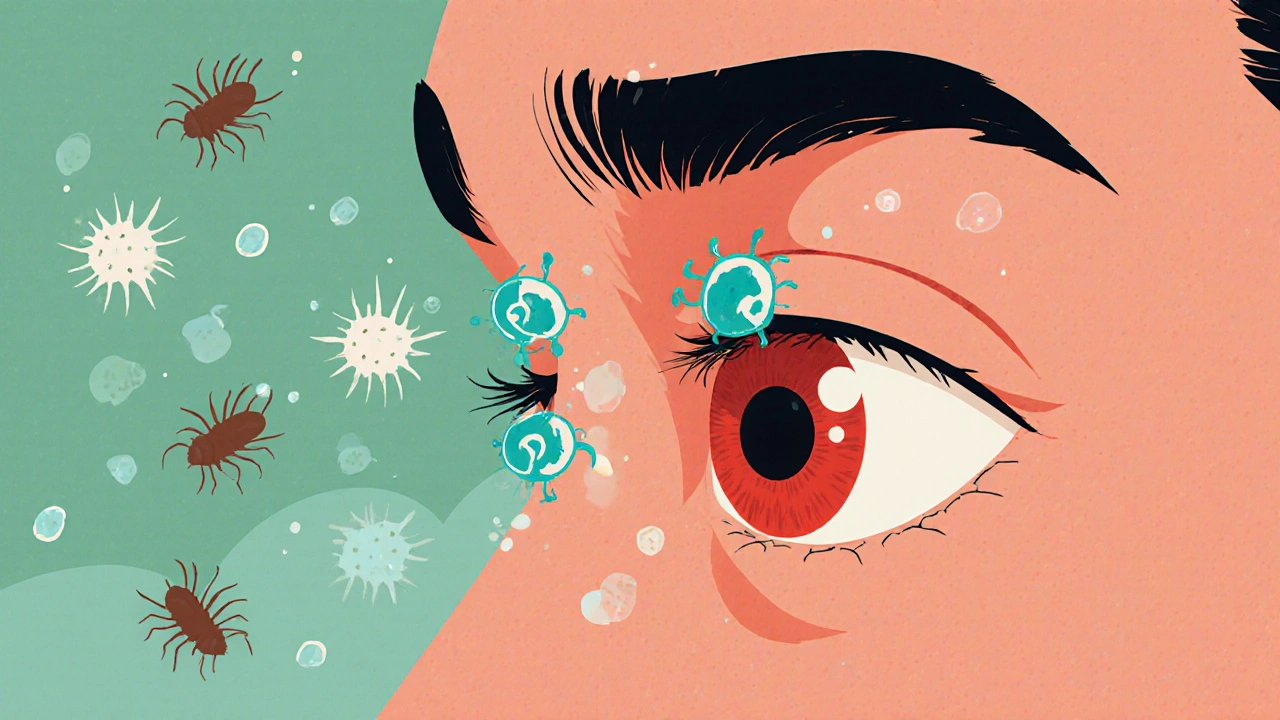Allergy Testing: What It Is, How It Works, and What It Can Reveal
When your body reacts to something harmless—like peanuts, dust, or cat hair—as if it’s a threat, you’re dealing with an allergy, an immune system overreaction to a normally harmless substance. Also known as hypersensitivity, it’s what causes sneezing, rashes, swelling, or worse. Allergy testing, a medical process to identify specific triggers causing allergic reactions is the first real step toward taking control. Without it, you’re just guessing what’s making you feel awful.
There are two main ways to find out what you’re allergic to: skin tests and blood tests. The skin prick test, a quick procedure where small amounts of allergens are placed on the skin and lightly pricked is the most common. It’s fast, cheap, and gives results in minutes. If you break out in a red, itchy bump, that’s your body saying, ‘Yes, I react to this.’ The blood allergy test, a lab test that measures IgE antibodies in your blood to specific allergens is used when skin testing isn’t safe—like if you’re on certain meds, have severe eczema, or had a bad reaction before. Both methods help map out your personal allergen profile.
Knowing your triggers isn’t just about avoiding sneezing fits. It changes how you eat, clean, travel, and even sleep. Someone allergic to dust mites might start using allergen-proof mattress covers. A person with a peanut allergy learns to read every food label. Allergy testing doesn’t just name the problem—it unlocks solutions. It tells you what to avoid, what to carry (like an epinephrine pen), and what treatments might actually help. Many people live for years thinking they just have ‘bad sinuses’ or ‘stress rashes,’ only to find out it’s a simple allergy they never tested for.
What you’ll find in the posts below isn’t a list of every test ever made. It’s a collection of real, practical insights—how to interpret results, when to push for more testing, what doctors might miss, and how to spot misleading claims about ‘allergy relief’ products. You’ll see how people connect their symptoms to triggers, what alternatives exist when standard tests don’t give clear answers, and how to make sense of confusing lab reports. This isn’t theory. It’s what people actually use to feel better.

How Allergic Conjunctivitis Connects to Immune System Disorders - Causes, Risks, and Management
Explore how allergic conjunctivitis is linked to immune system disorders, its causes, diagnosis, treatment options, and prevention tips for better eye health.
Read More